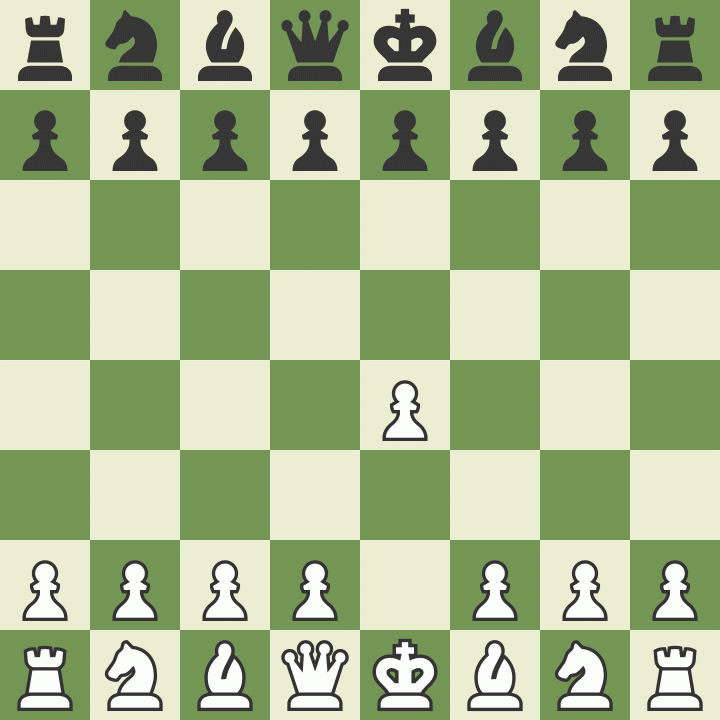I signed up for the free trial yesterday and was enjoying analyzing my few games (turns out I played pretty well in most of them and gave myself a nice advantage until I would make a blunder that would completely reverse the game) but now I’m coming around to the fact that I don’t actually like chess very much and am probably not going to play anymore.
My advice on openings is pick an opening you like as white, and learn a few basic variations 4-5 moves deep. For black pick a basic opening against d4 and against e4, and again just have some ideas what to do 4-5 moves deep. After you’ve played 20 games with it, you’ll start to have some idea what you’re doing, and you can start adding to it. Like, oh I never know what to do when my opponent pushes their d pawn on move 4 - so look up a few good responses on the opening explorer and pick one that makes sense to you and try to incorporate it next time.
Really though tactics and not hanging pieces is like 95% of winning at the level I’m at (~1500 rapid, now trying to grind up my blitz from 1200ish).
FWIW, I usually play Vienna game as white, with some occasional queens gambit when I get bored. As black I play caro kann against e4 and Budapest/Kings Indian against d4. I think the caro kann is lots of fun after 3.e5 c5, and is usually unfamiliar territory for white at my shitty rating.
Winning on time is a legitimate way to win. If you play too slow for the time control and your opponent isn’t then it’s no surprise that you end up in a winning position.
Something I know I should do but frequently forget is ask these two questions about not only my opponents moves but also my own:
1: What does the moved piece do now?
2: What doesn’t the moved piece do anymore?
Answers could be:
-It can not/now reach square x.
-It’s not defending square/piece y anymore
-It’s not blocking another piece from reaching square z anymore
etc.
In countless games I never had that situation arise on the board. I have a rough idea how to achieve mate (W maneuver) but plan A is hoping my opponent has the decency to concede before it comes to that. Conversely, I will never concede and expect my opponents to not be reliably able to mate me in 50 moves.
KBB is easy enough that most beginners can do it but I agree that understanding K+p v K is very useful because it makes calculations with additional pieces easier. For example if you can force trading rooks, it saves a lot time if you already know if the resulting position a draw or a win/loss.
This is really basic, but learning about king opposition really made most simple end games click for me.
I have a chess coach manual for teaching kids. They recommend a bunch of fun games instead of playing proper chess.
Examples:
- how fast can you capture all the pawns scattered across the board with a queen/rook/bishop/horsie
- put 8 (colorless) tokens on squares and each player gets a rook. Who can capture more tokens?
- 8 pawns against 8 pawns (no kings), who gets one to the back row first wins
- play with a queen against 8 pawns
- 16 pawns in the center, no capturing, no other pawns or kings, all the pieces have to circle around the center and get back to their starting positions, who is faster?
For young kids simply taking the other players pieces is often all the fun they need. Playing “real” chess comes pretty late in the book.
Those sound like some good ideas. Any idea where I might be able to get this manual?
Start with simple chess puzzles and familiarize yourself with fundamental tactics ideas and patterns. Chess King has a bunch of free apps for this and they are pretty good. It starts with simple things like mate in 1 and capturing unprotected pieces and slowly builds on that.
The Step books are recommended for 8+ and book 1 is the one I am talking about. I see they also have books called Stepping Stones that are for ages 4-8.
Speaking of openings…
They didn’t really play the game out --unless this opening always results immediately in a repeated-move draw.
Some of the older trappy (but still decent) lines are worth playing against people who might be too young to know them.
This line against the tedious Nd7 Caro-Kann was popular at the highest level in the 90s.

Edit: Ok, just watched the scene again on yt and apparently I imagined this, so nevermind!
I’m watching Star Trek: Enterprise, the ep called Observer Effect. There’s a scene with Malcolm and Travis, who have been possessed by aliens, playing chess and talking about how it’s such a simple game. Trouble is, the Kings and Queens are on the wrong starting squares. Could be a joke I guess.
Please delete if this kind of shameless self-promotion isn’t allowed, but I really think people will enjoy this
Have you all been following the Dewa Kipas fallout on chess.com?
I must admit I thought there might have been a 10 percent chance that he was really legit. Clearly that was a gross over estimate in hindsight.
Watching those games that he played against the IM live was pretty hilarious.
I read a story about it. It sure seemed unlikely he was for real. So it’s settled?
Oh, it’s definitely settled. Not a shred of doubt:
https://www.chess.com/news/view/most-watched-chess-stream-in-history-dewa-kipas

